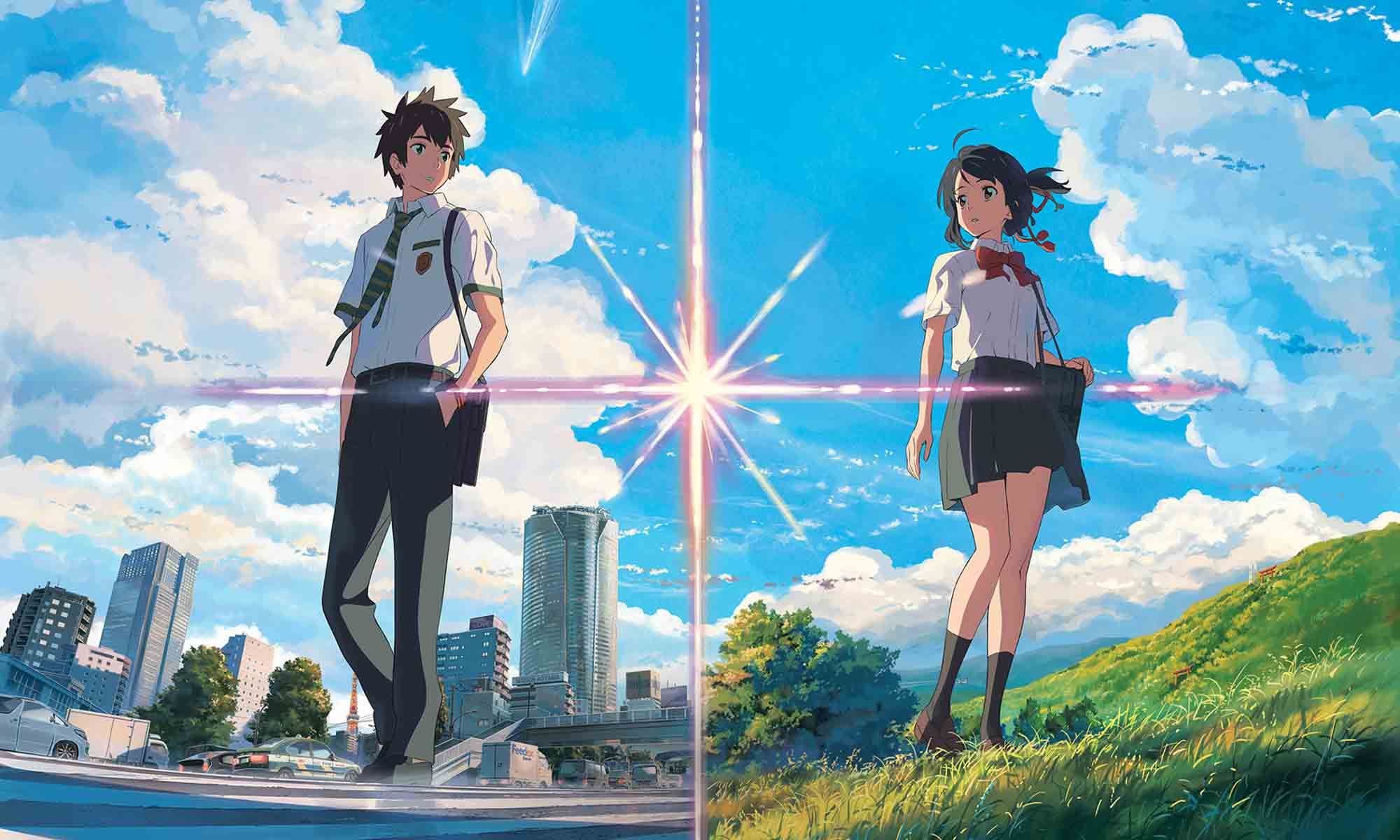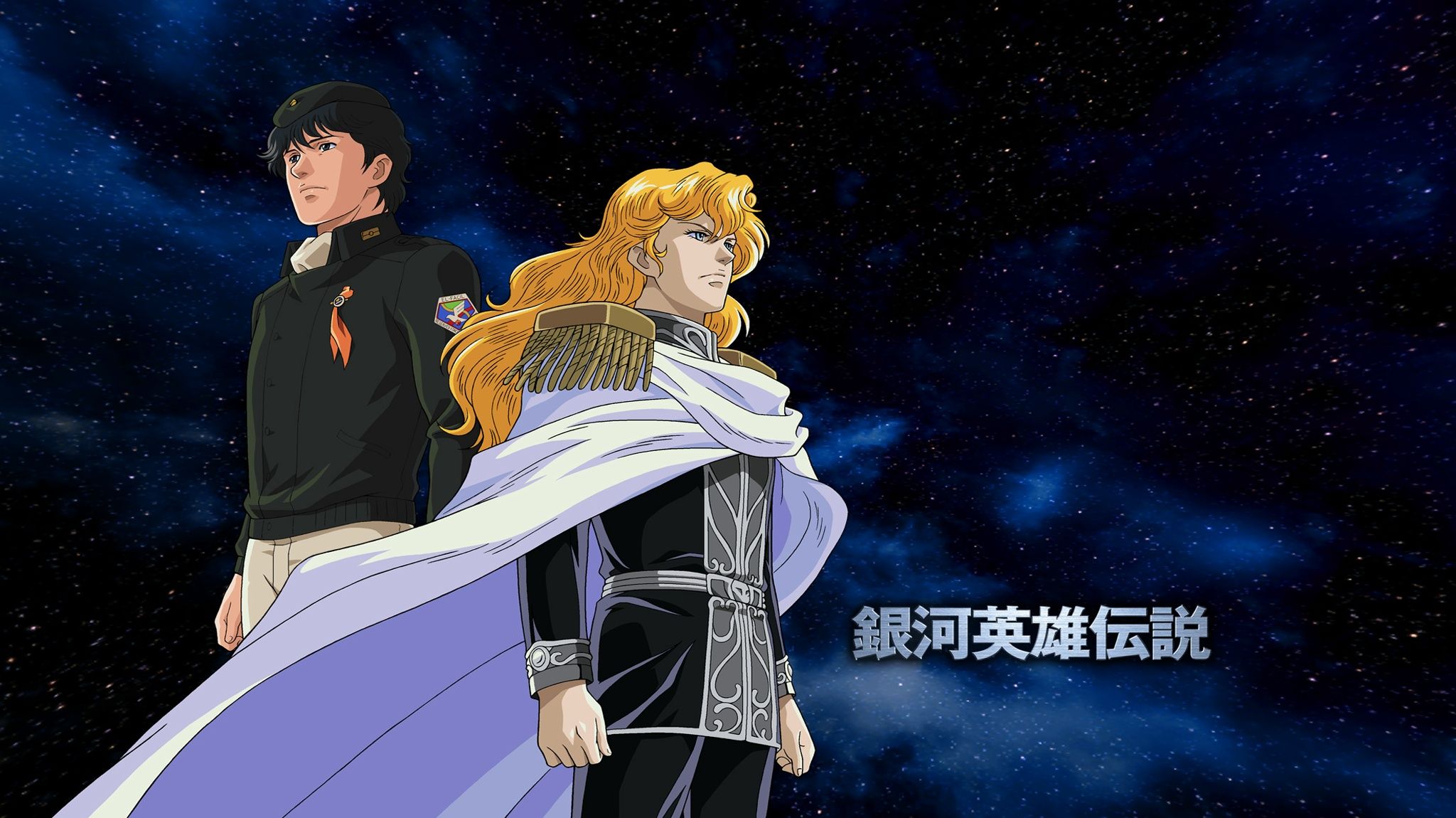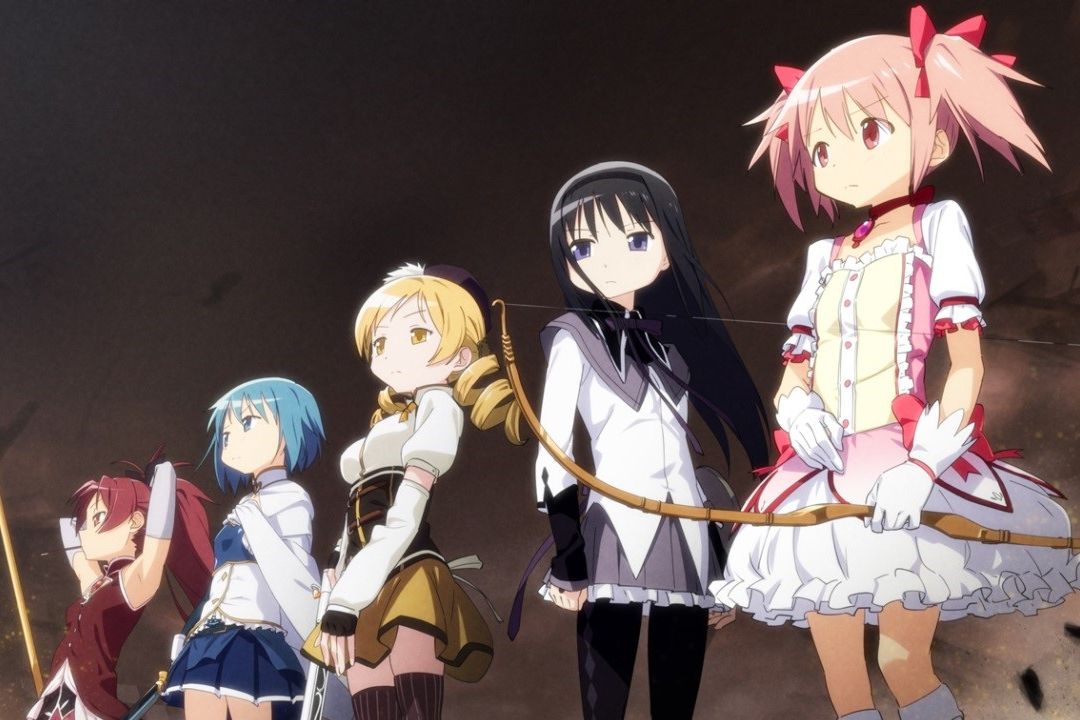This article was written by Bagira20 and edited by Parkyou and numbersixes of the MAL Articles Club.
Interested in writing or editing for us? Click here!
If you were to go on MAL and compare the 50 most popular anime and the 50 highest scored anime, you'd see that they are practically nothing alike. One example would be Kimi no Na wa., being the second-highest ranked anime by score, while only being the 41st most popular anime. In order to find out why that might be, we need to first examine the terms "Popularity" and "Quality," and then see if that tells us anything about why they seem to differ so much for so many people.

In order to define the word "popular," I think it's best to simply look at some shows that are widely considered to be popular. When hearing the term "popular anime," many people think of shows like Sword Art Online, One Piece, Shingeki no Kyojin, Death Note, and Fullmetal Alchemist. When we look at these shows in detail, they seem fairly different. One Piece is a humourous, grand adventure that spans hundreds of episodes, while Death Note is a serious psychological thriller with a complex narrative. However, once we take a step back and examine these shows on a basic level, the connections become apparent.
All of these shows have a unique premise that can be explained quickly while still sounding interesting. Thus, these series become highly accessible. If you tried summarizing the premise of a show like Ginga Eiyuu Densetsu, which is considered to have high quality, but isn't very popular, it might take more than just one sentence. This holds especially true if we take a step outside of the community and consider the people that have never seen anime. However, even to them, a summary like "A high school boy gets a notebook that lets him kill people" immediately creates either interest at the idea or laughter at the absurdity. Whatever the reaction, it will stay in people's minds. Following this logic, we might not be able to define the term "popular,” but we have found what a series needs at the bare minimum to become popular: a premise that is interesting for both anime fans and the "normal" crowd that can still be summed up in one or two sentences.

Now let's look at the term "quality,” since I believe this to be what many people try to determine from the score of a show. However, unlike "popularity", which can be defined to a certain extent, the term "quality" can mean different things to everyone. Maybe some consider a show to have quality when it has good animation, even if the story is lacking. Others might drop a show for having annoying characters, thus denying it of any "quality,” even when everything else might be serviceable. The bottom line is that there is no objective "quality" that encompasses all of the different tastes in the world, even if we disregard genres. And this might be one of the reasons why "quality" and "popularity" seem to differ so much.
Seeing how everyone has different tastes, how can shows even become popular? Well, let's say for example you hear about a show from a friend. He sums up the premise and, intrigued by your friend’s recommendation, you decide to give it a go. Now, multiple things might occur. Maybe you will enjoy the show and want to let others know of its greatness, or you might be disappointed and try to warn others. Whatever the result, you will spread the word of the show. The phrase "no publicity is bad publicity" comes to mind here, and it holds true again. Whether they want to find out how good or how bad a show is, people will watch, even if only for one or two episodes. Then they'll tell their friends what they thought and so on. If we follow this cycle of publicity along, eventually people outside the anime community will start to become intrigued as well. Maybe because they've seen it pop up on the internet and wonder what the fuss is about. Whatever the reason, even more people enter the fun, and more people equals more opinions, which is the main reason why "popularity" and "quality" have such a gap between them.
If a lot of different people watch and comment on a show, with a large portion of these people only doing so out of curiosity, it may distort the score the show ultimately receives. For example, you may have never liked Magical Girl shows before, but everyone keeps saying how great Mahou Shoujo Madoka★Magica is. But, once you watch the show, you can't see what everyone else sees in it and you declare it a "bad show.” However, since you never liked Magical Girl shows to begin with, the things you didn't like in Madoka might have to do with just not liking the genre.Thus, the popularity of a show has caused it to receive a negative rating from someone that would normally have no interest in seeing it in the first place.

Now, after all of this, does that mean that we should ignore popular shows completely if we don't like the genre? While I can't answer this question for everyone, I believe balance is key. Give in to your curiosity once in awhile when thousands of people talk about a certain show. However, remember whether or not it is a genre you like to begin with. If you didn't like a certain genre before, chances are a new show won't change your mind, even if a lot of people think it's good. Still, exceptions are always possible. When everyone keeps this in mind, maybe the gap between popular and high quality can shrink someday.
Got feedback? Leave a comment here!



